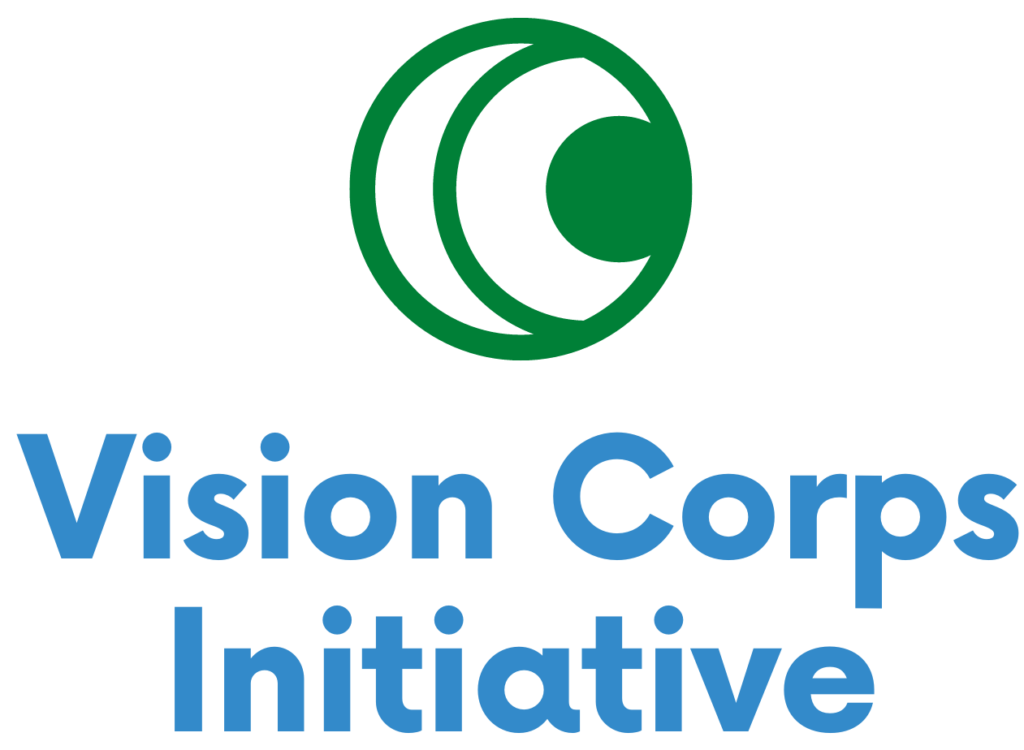- [email protected]
- +254 739 256 211
- Starwood Apartment, 3rd Flr B7, Argwings Kodhek Rd, Hurlingham, Nairobi, Kenya
Education
Our Work
Empowering Through Knowledge, Building Futures
Vision Corps Initiative recognizes education as a fundamental driver of social and economic transformation. Our Education services are designed to promote equitable access to quality learning opportunities, ensuring that individuals and communities are equipped with the knowledge and skills necessary for sustained development.
We implement programs that address barriers to education, particularly among marginalized and vulnerable populations, including children, youth, women, and persons with disabilities. Our initiatives focus on improving access to primary, secondary, and vocational education, with a deliberate emphasis on gender equity and inclusivity.
Capacity building forms a key component of our strategy. We invest in teacher training, curriculum development, and the provision of learning materials to enhance the quality of instruction and create conducive learning environments. Our vocational training and skills development programs are tailored to align with local market demands, empowering individuals with practical competencies that improve employability and livelihood prospects.
Collaboration with educational authorities, community stakeholders, and development partners ensures the relevance and sustainability of our interventions. Through a combination of formal education support, non-formal learning initiatives, and community engagement, we aim to foster lifelong learning and build resilient, self-reliant communities.
All our educational interventions are guided by the principles of inclusion, innovation, and accountability, ensuring measurable impact and contributing to the long-term well-being and empowerment of the communities we serve.
We implement integrated health programs that prioritize maternal, newborn, and child health, with a strong emphasis on immunization coverage, reproductive health services, and disease prevention. Our nutrition interventions address both immediate and underlying causes of malnutrition, particularly among children under five, pregnant and lactating women, and other at-risk populations. Community-based nutrition education, growth monitoring, and promotion of dietary diversity are central to our approach.
Strengthening local health infrastructure and building the capacity of health personnel remain integral to our strategy. We work closely with government agencies, community health workers, and development partners to ensure the delivery of high-quality, equitable healthcare services. Through these collaborative efforts, we contribute to the reduction of preventable diseases, improved nutritional status, and the overall well-being of the communities we serve.
Our interventions are grounded in evidence-based practices, continuous monitoring, and a commitment to inclusivity, ensuring that no one is left behind in the pursuit of healthier, more resilient societies.
